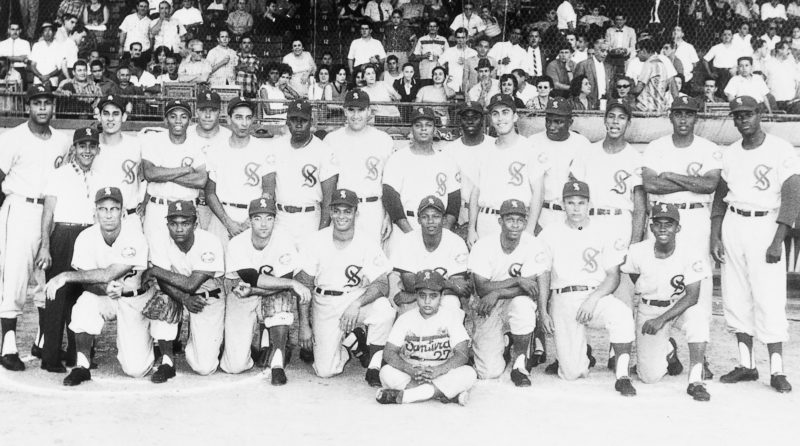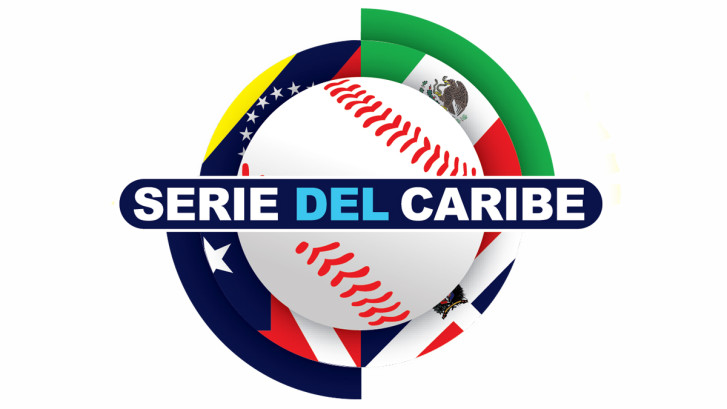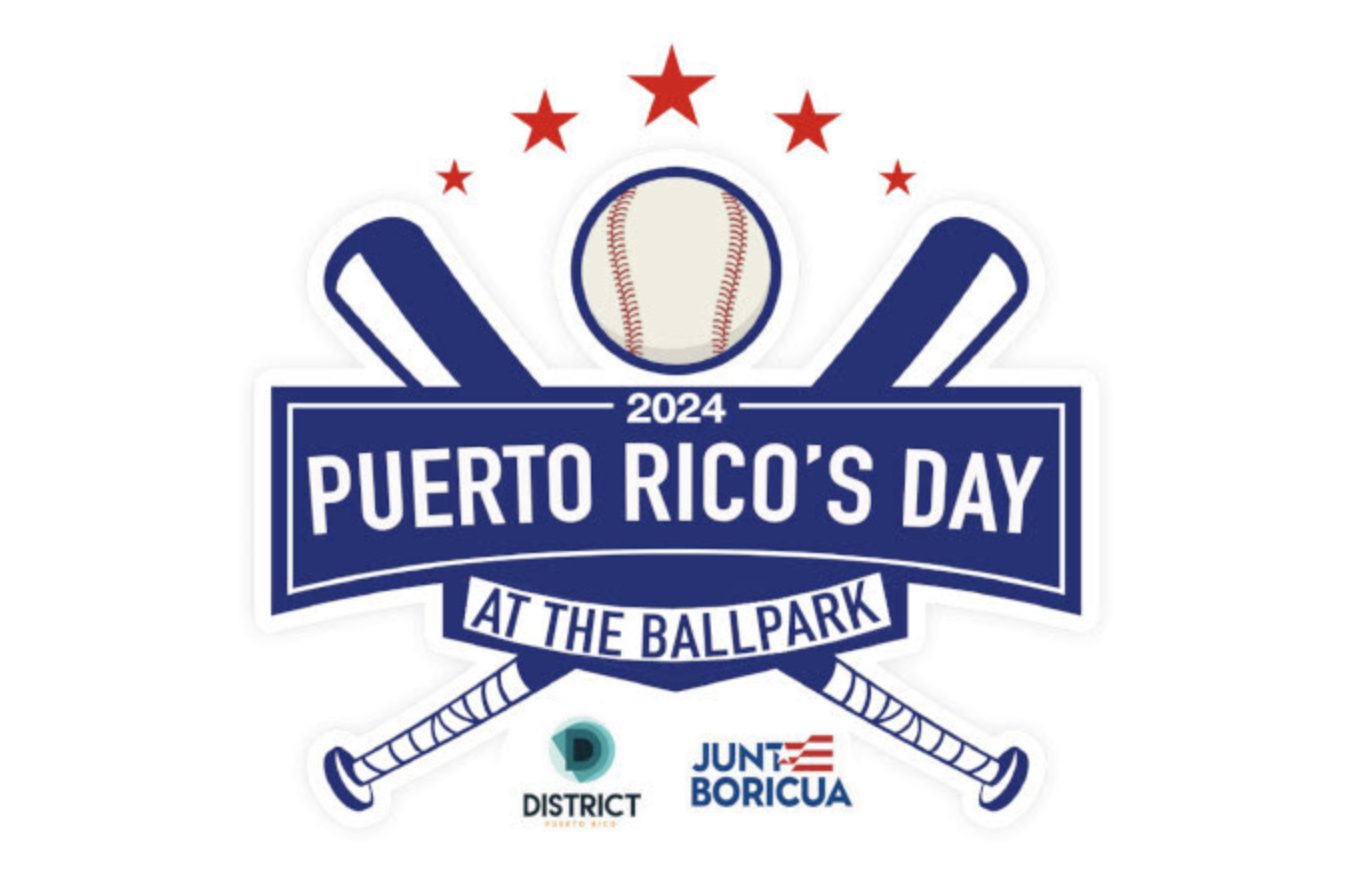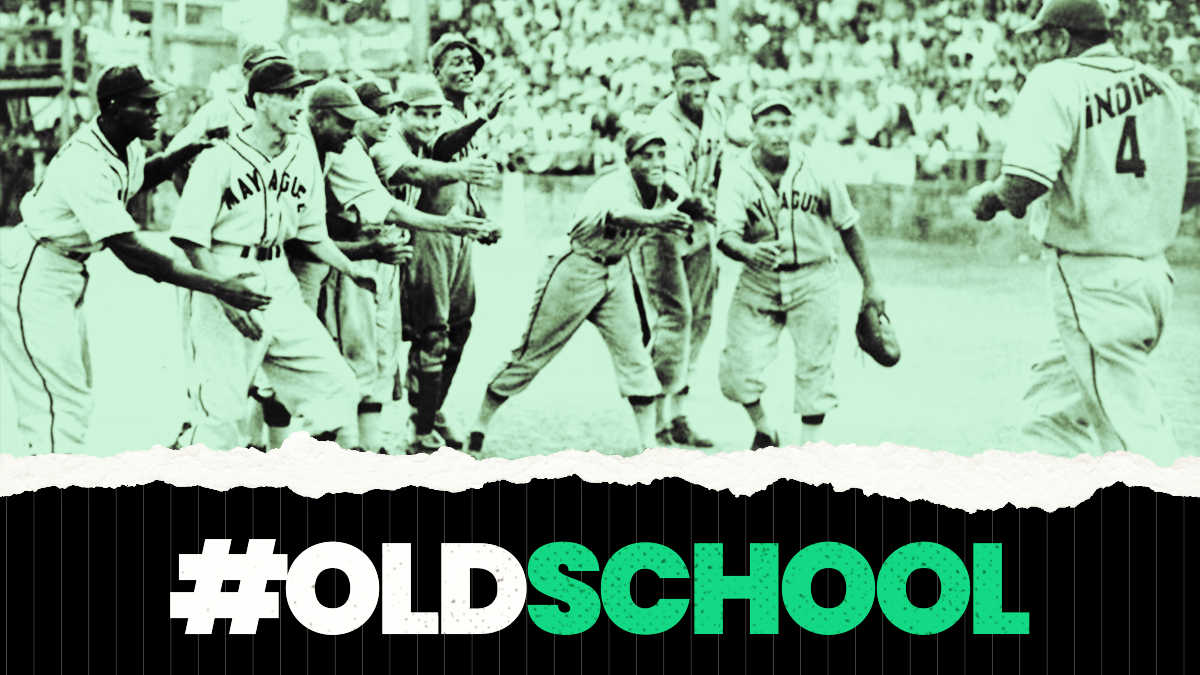Caribbean Series — Serie del Caribe — is a true international showcase

By Beto Villa and Robert Dominguez
Unlike the World Series in the U.S. every October, the Caribbean Series — Serie del Caribe — is a true international tournament that each winter pits the top teams representing six Latin American countries to determine a champion after a round-robin set of six games.
Not to mention showcase a wealth of talent by players born outside the U.S.
The tournament, which started in 1949, typically features teams from leagues in the Dominican Republic, Mexico, Puerto Rico, Venezuela, Cuba and Panama. The 2020 games in San Juan, Puerto Rico, included Colombia for the first time as a replacement for Cuba, whose squad was denied visas and could not participate that year.
The Caribbean Series was conceived by a pair of Venezuelan entrepreneurs, Oscar Prieto and Pablo Morales, who came up with the concept of an annual tournament that would include teams from four countries, each of which would host the games on a rotating basis.
The first foursome were teams from Venezuela (Cervecería Caracas), Panama (Refresqueros de Spur Cola), Puerto Rico (Indios de Mayagüez) and Cuba (Alacranes de Almendares).
The inaugural Series game was played in Havana on Feb. 20, 1949, in El Cerro stadium (today known as Estadio Latinoamericano) with Panama taking on Puerto Rico. The first-ever hit was by American player Leon Treadway of Spur Cola, off of fellow American Wilmer Fields of Mayagüez. Spur Cola defeated Mayagüez by the score of 13-9, and a longstanding tradition was off and running.
In the second game of the Series, Cuba massacred Venezuela 16-1 before a packed stadium of rabid fans. The only run by Venezuela was thanks to Dalmiro Finol, who hit the first-ever homer of the Series. Cuban pitcher Conrado Marrero of Almendares hurled a complete game for the victory, setting the tone for Almendares, which won the first Caribbean Series by sweeping all six games.
Cuban pitcher Agapito Mayor was named MVP for his three wins, which is still a record for a single series. Among other highlights by the Cuban team was a shutout by Eddie Wright and 11 RBIs by Monte Irvin (the New York Giants outfielder).
While teams nowadays compete for national pride and rosters often include MLB minor leaguers playing for their home countries, the earlier years of the Caribbean Series regularly featured non-Latino Americans who joined the tournament as a way to keep their skills sharp in the off-season, giving Latin American fans the chance to see such young stars as Willie Mays, Jackie Robinson and Bob Gibson.
Fans from participating nations also got to see such up-and-coming MLB stars as Orlando Cepeda and Roberto Clemente of Puerto Rico as the Major Leagues began welcoming more Latino players.
The star power helped the tournament stay successful in its first years, along with many intense and thrilling games and remarkable personal achievements, including a .619 batting average by Lorenzo “Chiquitín” Cabrera of Cuba to win the 1951 batting title; a no-hitter by American Tommy Fine for Cuba against Venezuela in 1952; four home runs by Willard Brown for Puerto Rico in the 1953 series ; the 11th-inning homer by Willie Mays of Santurce to give Puerto Rico the championship in 1955, and the 17 strikeouts by Puerto Rican pitcher Juan Pizarro against Panama in 1958.
The Caribbean Series abruptly ended after the 1960 games, when Cuba’s new Communist government pulled out of the tournament. But after a nine-year hiatus the Series resumed in February 1970, with teams from the Dominican Republic and Mexico replacing Cuba and Panama.
The revamped Series was held in Caracas, Venezuela, with the local team taking the championship. The tournament has had a few rough patches since then, however. In 1974, Venezuela did not participate in the games in Mexico due to a conflict between owners and players. In 1981, the series was supposed to be played in Caracas but was canceled due to financial problems.
In 1990 and 1991, a group of investors took the event to Miami in an attempt to attract more U.S. attention, but it didn’t go well — especially when the 1990 series was played in the Orange Bowl, a football stadium where the distance to the left and right field fences were only about 240 feet away.
After returning to venues in America, the Caribbean Series in 1997 gained new momentum among fans and sponsors when it began being televised in the U.S. thanks to efforts by New York media entrepreneur Ralph Paniagua Jr., who would go on to become founder of LatinoBaseball.com. The games were initially shown on Galavisión and are now broadcast in the U.S. on ESPN Deportes, widening its scope considerably.
Despite the uncertainties behind the scenes in the the Series’ modern, post-1970 phase, there has been no shortage of thrills on the field. Among the many memorable moments are player-manager Manny Mota leading the Dominican Republic’s Tigres de Licey to an undefeated tournament in 1971, when he also won the batting title and was named MVP.
The championship game ended on an exciting note when Tigres de Licey reliever Federico “Chichí” Olivo struck out Reggie Jackson and Elrod Hendricks to close out the Dominican Republic’s first Series title.
Other big moments include Rico Carty, playing for the Tigres del Licey, connecting for five home runs in the 1977 series, which broke Willard Brown’s 1953 record for Puerto Rico’s Cangrejeros de Santurce Puerto Rico.
In 1979, American Mitchell Page of the Navegantes del Magallanes hit a home run in the ninth inning of the sixth game to give Venezuela its second title. In 1995, Roberto Alomar, playing for Puerto Rico, had five hits in one game, followed by two more the next day to become the first Series player to amass seven consecutive hits — a record that stood for more than 20 years until Puerto Rico’s Edgar Gonzalez got eight straight hits in 2006.
Also in 1995, San Juan, Puerto Rico’s “Dream team” of MLB stars — Roberto Alomar, Edgar Martinez, Carlos Baerga, Carlos Delgado, Juan Gonzalez, Ruben Sierra, Bernie Williams, Carmelo Martinez and Rey Sanchez, all available due to the 1994 MLB players’ strike, went 6-0 for the championship.
The 2021 games, held in Mazatlan, Mexico, saw the Dominican Republic’s Aguilas Cibaenas go 7-0 and win their sixth championship by defeating Puerto Rico’s Criollos de Caguas.
With a rich history and a new crop of exciting young talent, the 2022 tournament that begins Jan. 28 through Feb. 3 and hosted by the Dominican Republic promises to be another thrilling series showcasing some of the best players on the planet.
Photo: Cangrejeros de Santurce of Puerto Rico (at one point featuring future Hall of Famers Orlando Cepeda, top left, and Bob Gibson, top right) won Caribbean Series titles in 1951, 1953 and 1955.





